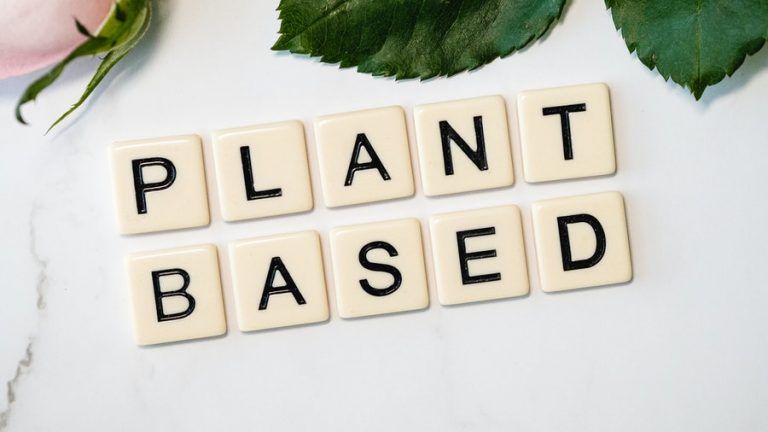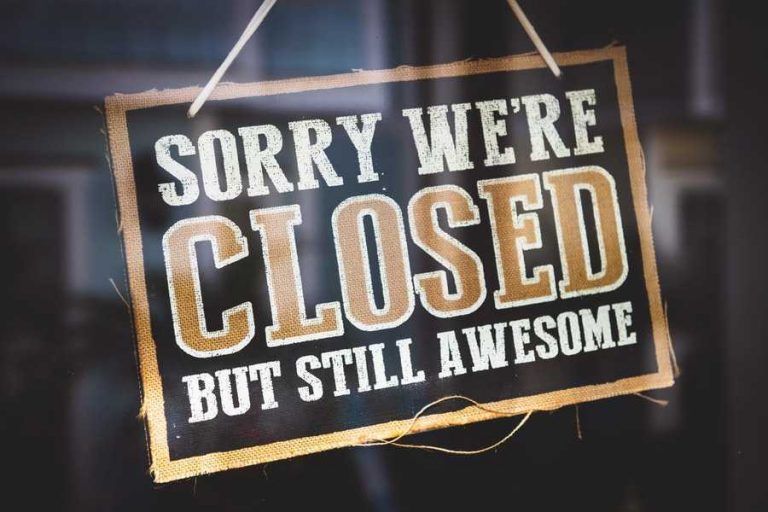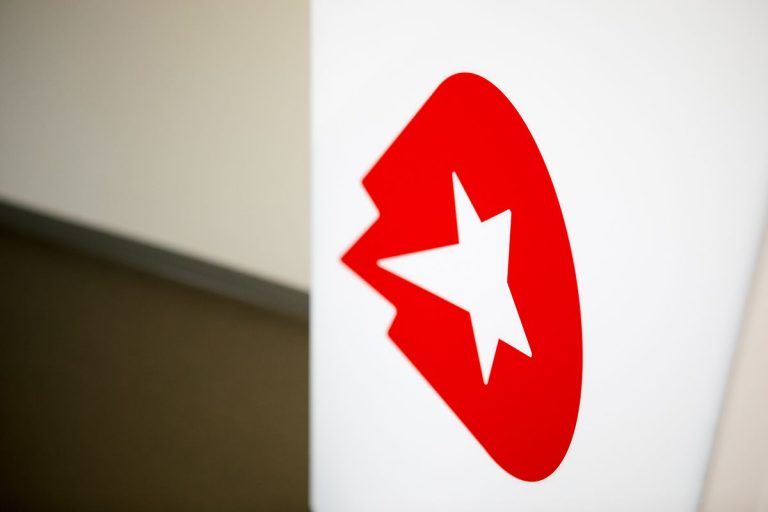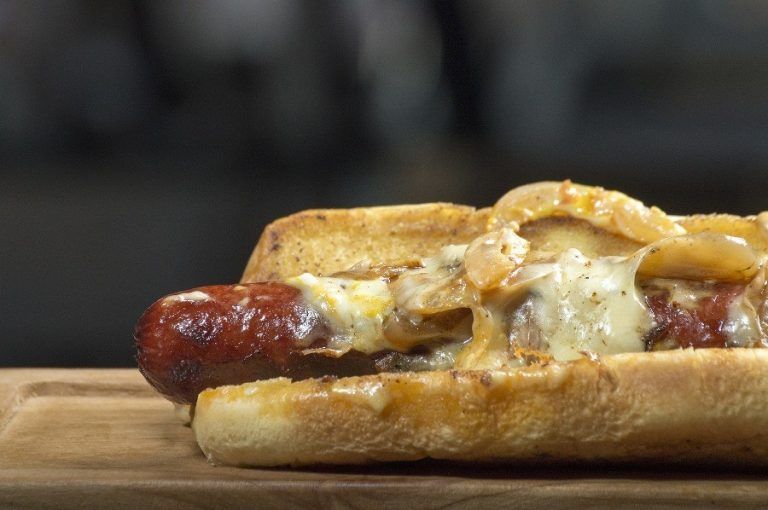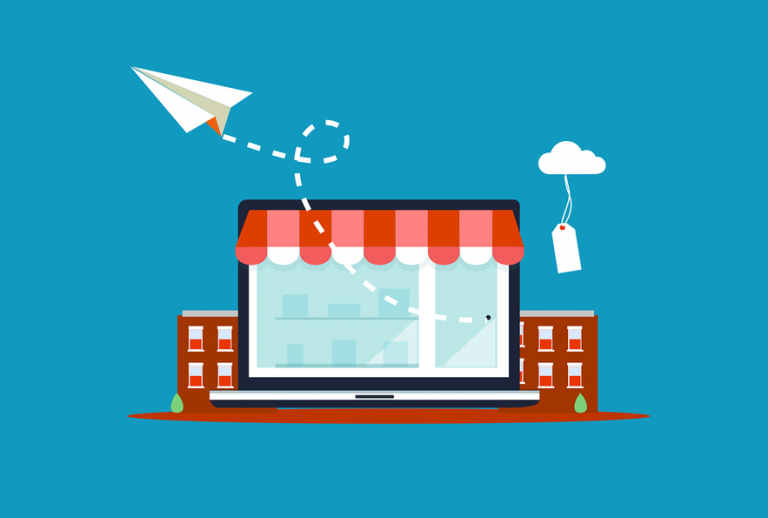New version of CSR in 2020
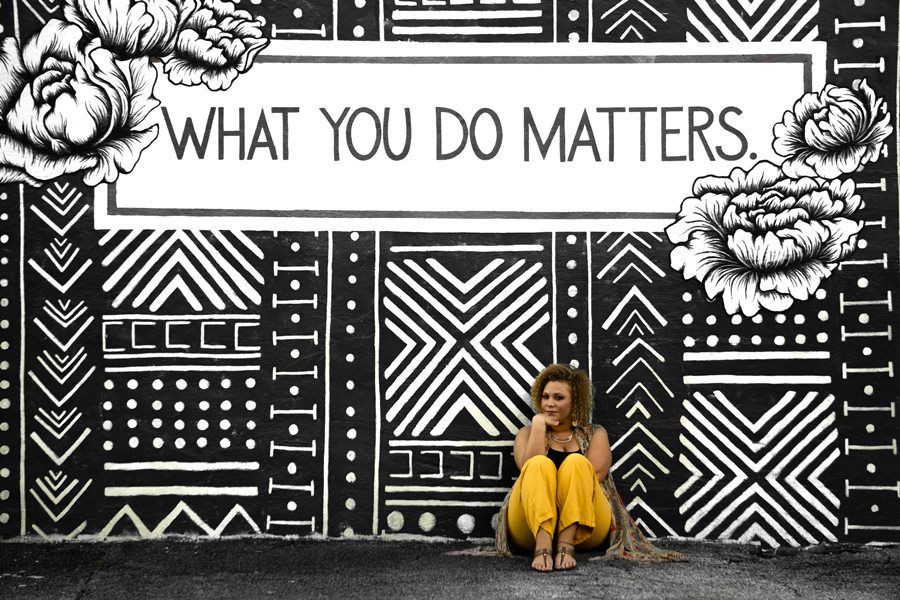
Wpis dostępny jest także w języku:
![]() polski
polski
Until last year, corporate social responsibility was associated mainly with minimizing the negative impact of companies on the environment. In 2020, the term CSR changed the face, besides ecology, social issues became an important area of activity.
As it turned out, the COVID-19 pandemic became the driving force to take steps in this area. Companies responded en masse to the needs of society, through financial or material support. Health care, education, employment, technology – almost all elements of everyday life have gained a completely different dimension. The survey “CSR in practice – barometer” conducted by the French-Polish Chamber of Commerce shows that 13% of Polish enterprises that have never engaged in CSR initiatives undertook this task.
Second-hand clothes hit the spot
According to a survey conducted by PMR in April 2020, as many as 31% of respondents made a purchase in a second-hand clothing store in the last three months, while 7% were tempted to buy shoes. An interesting initiative in this respect is the debut of Poland’s first second-hand store in a shopping gallery – Bazar Miejski in Galeria Młociny in Warsaw. The Zalando platform, on the other hand, decided to implement this type of shop on the online market. Under the Pre-Owned programme, consumers can exchange their clothes for Zalando gift cards or use the amount of the value of the item donated for the chosen charity.
The H&M brand, which already uses 57% of recycled materials in its production, also has a positive impact on the environment. Additionally, clothes in any condition can be given to special points and a discount coupon can be collected for further shopping in H&M store. Polish clothing chain LPP can also apply for the title of a socially responsible company. Currently, 23% of products already carry the Eco Aware label, i. e. using certified materials from sustainable sources. The Reserved brand is particularly dynamic, with every third thing being created in an environmentally friendly way. In 2025 50%, of Reserved’s products are to be those with the Eco Aware label. In 2020, thanks to its solutions, LPP eliminated another 255 tons of disposable plastic.
Last year’s challenge was to help in the fight against the coronavirus, which involved many Polish brands, including LPP, 4F, CCC, Lancerto, Kazar, Deichmann and many others. Not only financial aid was provided to the health service, but also in kind in the form of clothing for hospital staff or protective masks.
Clean Beauty
Natural, organic, vegan, non-animal tested products – such products have passed the test in recent years among consumers, who, it turns out, are becoming increasingly aware and responsible. High quality of the product, good composition and its impact on the environment are among the most important factors taken into account when choosing cosmetics. Silicones, parabens, aromas have been abandoned in favour of simple, natural ingredients. Natural ingredients in cosmetics are the third most important factor in purchasing this type of products, after a good value for money and matching to needs, PMR survey shows.
Many Polish brands have taken a step forward in this category, focusing on vegan, eco-friendly products, including Eveline with I love Vegan Food, AA Bio, AA GoGreen, Bielenda Vege. Biedronka established cooperation with the Bell brand, which offers a vegan makeup line. Companies have taken the self-care trend into account in their strategies, creating applications that select cosmetics for specific skin types. Examples of such brands are Neutrogena or La-Roche Posay. On the basis of the self, a skin scan is performed and a specific cosmetic is selected for the appropriate skin type and condition. Procter & Gamble has developed the Opte Precision Skincare System, which detects skin imperfections invisible to the human eye. All these facilities are evidence of the brand’s attitude towards the consumer and its personal treatment.
Thanks to strategies concerning the reduction of plastics and care for the environment, the first refill stations appeared in Poland, i. e. vending machines enabling filling own packaging with cosmetics or cleaning products of a given brand. One of the precursors was a Yope station in one of Warsaw’s Carrefour BIO stores. Following in the footsteps of Yope, Only Bio brand faced the idea of zero waste, which appeared with its machine in Rossmann drugstore in Manufaktura in Lodz. This drugstore has many other organic solutions, a Grab & Go Zone, a Health Zone with vegan snacks or a Beauty Zone with a manicure station.
The pandemic was faced by companies that decided to help the health service by providing it with disinfectants, hygiene products and protective equipment, among other things. Among others, the SuperPharm, Ziaja, Farmona, Seboradin, Joanna and Eveline Cosmetics have joined in.
Food for half price
The most popular trend recently has been the sale of products with a short expiry date at a promotional price. The idea of zero waste through food chains, as it turns out, passed the test. There are more and more supporters of this idea among consumers, and shops have decided to keep up with the current fashion.
The Zabka chain is an example of a store that particularly cares about the environment. She was the first in Poland to open a shop powered exclusively by clean energy. It includes ecological solutions such as kinetic flooring or quantum dots, which extract energy from the sun’s rays mounted on shop windows and photovoltaic panels placed on the shop roof. The furniture is recycled. A similar policy is followed by Dino Poland, which has already installed solar panels on more than 100 roofs throughout Poland, and has completed the process of replacing traditional lighting with energy-efficient lighting in all stores.
Carrefour is also characterised by its environmental friendliness, among other things, it has allowed its customers to put products on weight in their own packaging. In Lidl’s offer there are bio-labelled natural light vegetables, sold without plastic packaging. Zabka, on the other hand, has implemented markings on its own products to make it easier for consumers to segregate waste.
In terms of charitable activities, mainly aimed at fighting coronavirus, the discount chains Lidl and Biedronka have taken interesting actions. Lidl, in cooperation with WOSP and Caritas Polska, donated one million zlotys as well as food and hygiene products to organizations supporting health care, seniors and children. In turn, Biedronka decided to help small Polish entrepreneurs, who were particularly affected by the pandemic. The “Time to support small producers” program was launched, thanks to which products from 135 local suppliers appeared in Biedronka discounters. Another action is “Time to help Seniors 65+”, which involved as many as 20,000 volunteers in everyday shopping for the elderly.
The pro-social activities of Biedronka also include participation in the Szlachetna Paczka initiative. Last year, as many as 14,000 people were supported, including seniors, children, people with disabilities and those affected by the virus in some way. During the pandemic, the Aldi network also joined in the assistance, which provided financial support, but also launched priority cash registers in its shops, dedicated to healthcare workers and uniformed services. Carrefour, on the other hand, donated over a million zlotys for the purchase of ventilators and personal protective equipment of medical personnel.
Revolutionary takeaway food
In an era of pandemic and prevailing restrictions in restaurants, restaurants were forced to take revolutionary action. One of them is the cooperation with the Danish application, Too Good To Go, operating in Poland, which focuses on reducing food waste. Restaurants, bakeries and shops offer “surprises” in the form of meals from their menu cards or products at promotional prices, purchased at the end of the day through the application. Over 500,000 food packages have already been sold. Partners on the Polish market have already become North, Wild Bean Cafe, Starbucks, BP, Pizza Hut, Żabka or Auchan. The Foodsi application was also promoted on a similar basis.
“#WzywamyPosiłki” is the name of the coronavirus action. This initiative involved more than 130 companies that have supported the health service by providing daily meals to doctors and hospital staff. Among them were AmRest – owner of KFC restaurants, Burger King, Pizza Hut and Staarbucks café, catering Maczfit, McDonald’s, Costa Coffe and Redbull. As many as 60 facilities were covered.
Use of secondary raw materials
Society, following ecological trends, more and more often reaches for solutions that have the lowest possible impact on the environment. This is indicated by a survey conducted by PMR in July 2020, in which 42% of respondents replied that they use a composter, 25% store rainwater and 21% heat their homes with ecological fuels.
IKEA wants all of its products to come from renewable or recycled materials by 2030, highlighted Magdalena Betin, IKEA’s sustainability leader, during PMR’s Home & Garden Retail Webinar on 5 November. Elimination of waste, reuse of resources, recycling, expanding the plant menu, sale of used products, refurbishment or repair are only some of their ideas that have been or will be implemented in the company strategy. More than 60% of the IKEA product range is made from renewable materials, while 10% is made from recycled materials. Another example is the Castorama chain, which offers wooden or paper products from certified sources only. The FSC or PFC certificates prove the highest quality products obtained in a responsible manner.
The home & garden networks also decided to provide health care assistance during the COVID-19 pandemic. One of the companies was the furniture store Agata Meble, which donated a million zlotys to fight the coronavirus. Another network is the aforementioned IKEA, which, in addition to donations, has provided hospitals with the necessary furniture and accessories, such as beds, bedding and children’s toys, as well as food. Castorama, on the other hand, together with financial support, purchased more than 3,600 tests for the detection of COVID-19. It also supported the Border Guard and over 60 hospitals, providing visors, disinfectants and necessary building and finishing materials.

